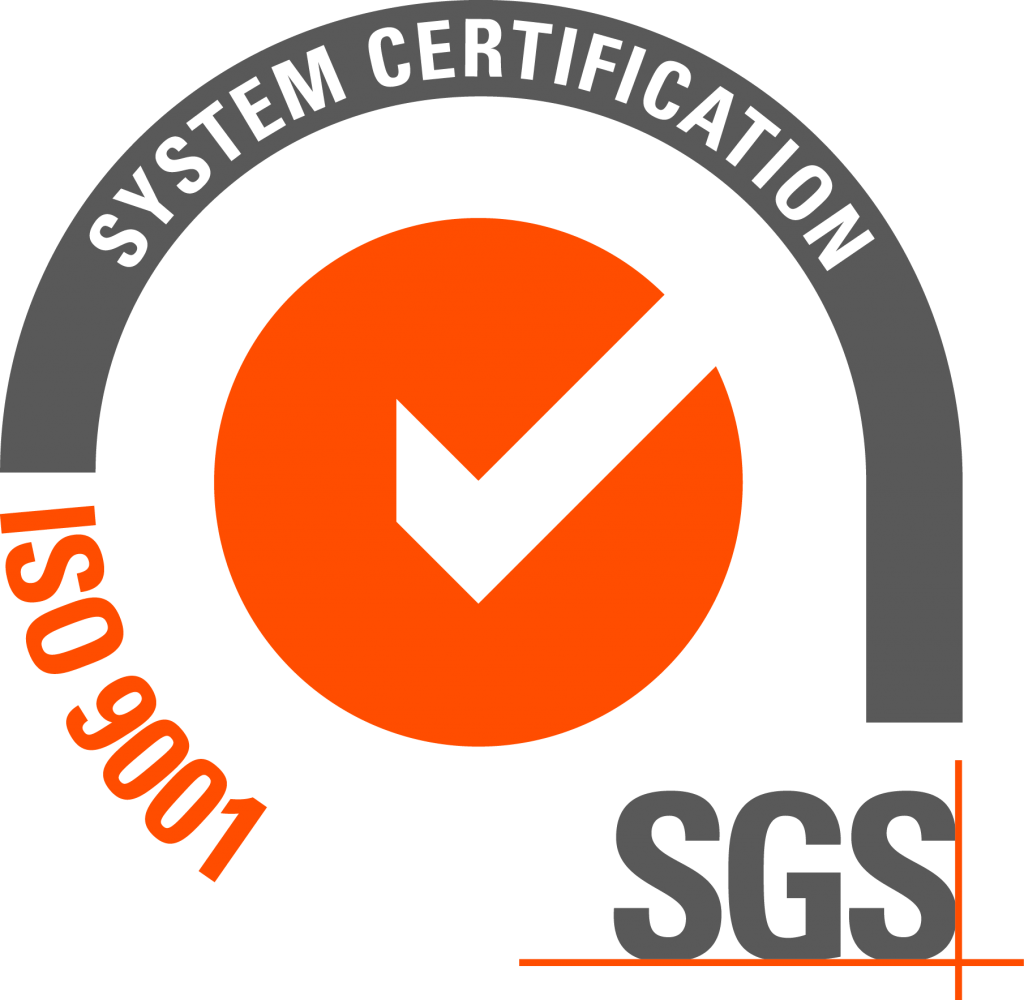
Exosol
EXOSOL: Exoskeletons for Soldiers
(Phase I: February 2025 / February 2027)
- Programme: European Defence Agency (EDA) Category B (opt in) ad hoc projects
- Coordinator: TNO (Netherlands Organisation for Applied Scientific Research)
- Consortium: 9 partners (3 IT, 4 DE, 2 NL)
Abstract
Soldiers performing military tasks are subject to large physical, cognitive and mental burdens. The intensity, duration and complexity of military tasks is significant. Long-term execution of these tasks can result in injuries or chronic pain. The options for reducing the workload of soldiers are often limited due to the typical military context, which is characterized by specific and challenging requirements for possible mitigating options.
The challenging characteristics of military tasks could benefit from methods that enhance the performance of soldiers.
Exoskeletons can potentially reduce military workload and/or enhance military performance and well-being. Human worn exoskeletons are currently a fast-developing technology that attracts a lot of attention due to its attributed potential, also in military settings.
Exoskeletons aim to reduce the workload of the user and / or enhance the performance of the user, typically for a specific type of tasks. A substantial number of exoskeletons are already available for purchasing and another substantial number of exoskeletons are under development. Only a small subset of these exoskeletons is specifically developed, or suitable, for military purposes.
Many MoD organisations are currently attempting to develop (military) exoskeletons and/or experiment with the implementation of exoskeletons in a military context. These current MoD-exoskeleton initiatives in various Member States (MS) have limited interaction and do not benefit from the knowledge already gathered in other MS.
Thus, there is a gap between available technology (exoskeletons) and knowledge to select and implement that technology in a military context efficiently, safely, and successfully.
Therefore, the overall aims of EXOSOL Project during Phase I are:
- to develop methods to test and evaluate military exoskeletons in relevant contexts;
- to gain knowledge how to effectively develop and implement military exoskeletons.
The results obtained will in the end allow military organisations to develop and implement exoskeletons to either reduce soldiers’ workload and/or enhance soldiers’ performance efficiently and effectively.
- Signo Motus srl;
- IUVO srl;
- Mech Lab srl;
- TNO (Netherlands Organisation for Applied Scientific Research);
- InteSpring B.V.;
- Rheinmetall Electronics GmbH;
- Fraunhofer Institute for Manufacturing Engineering and Automation IPA;
- Helmut Schmidt University of Hamburg;
- AUXSYS GmbH.


